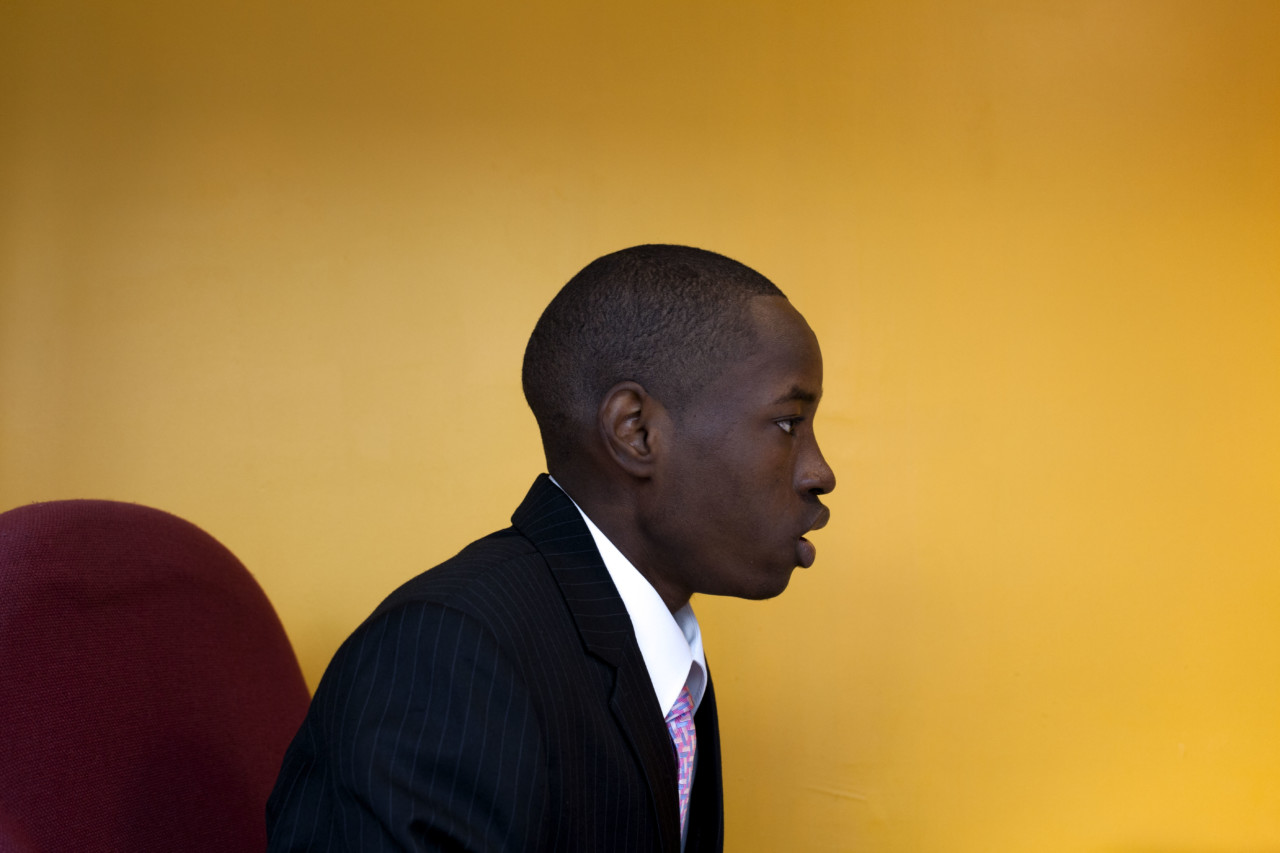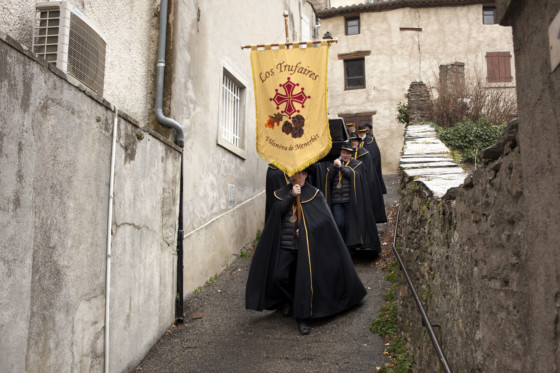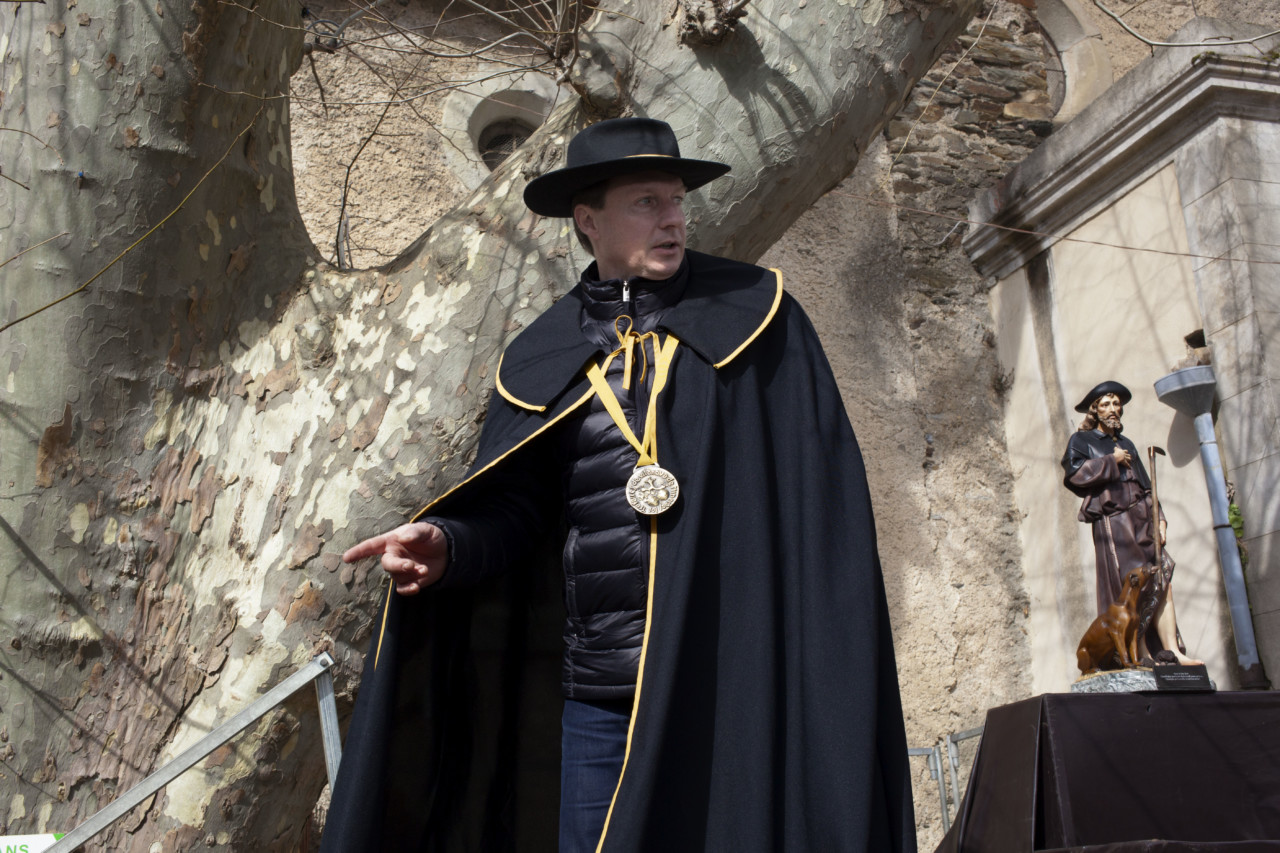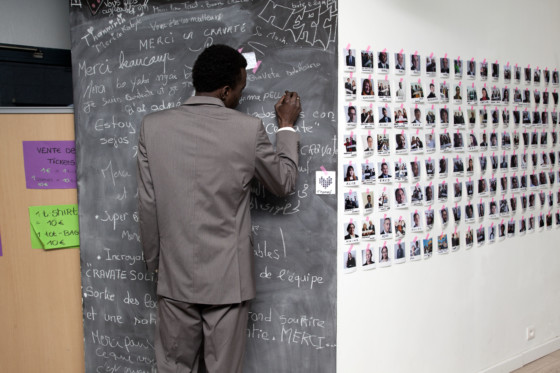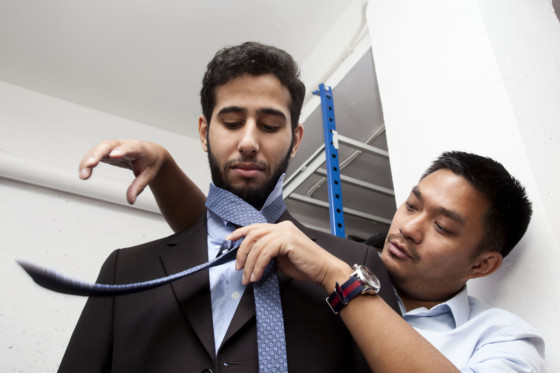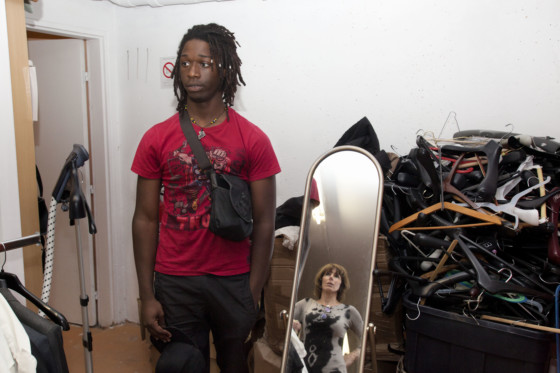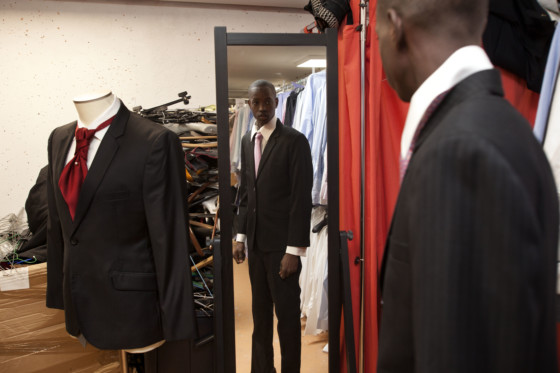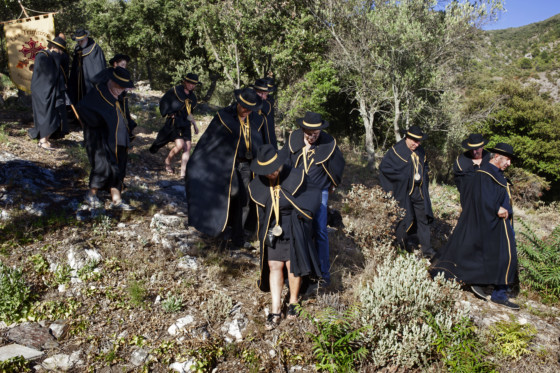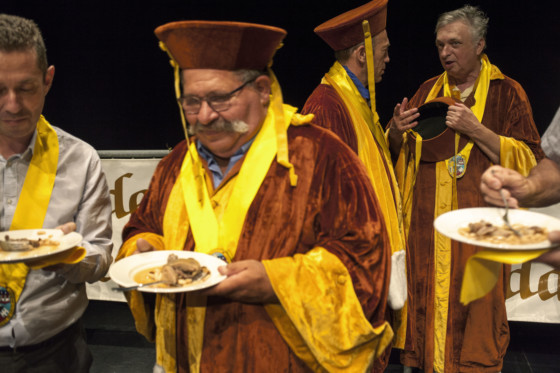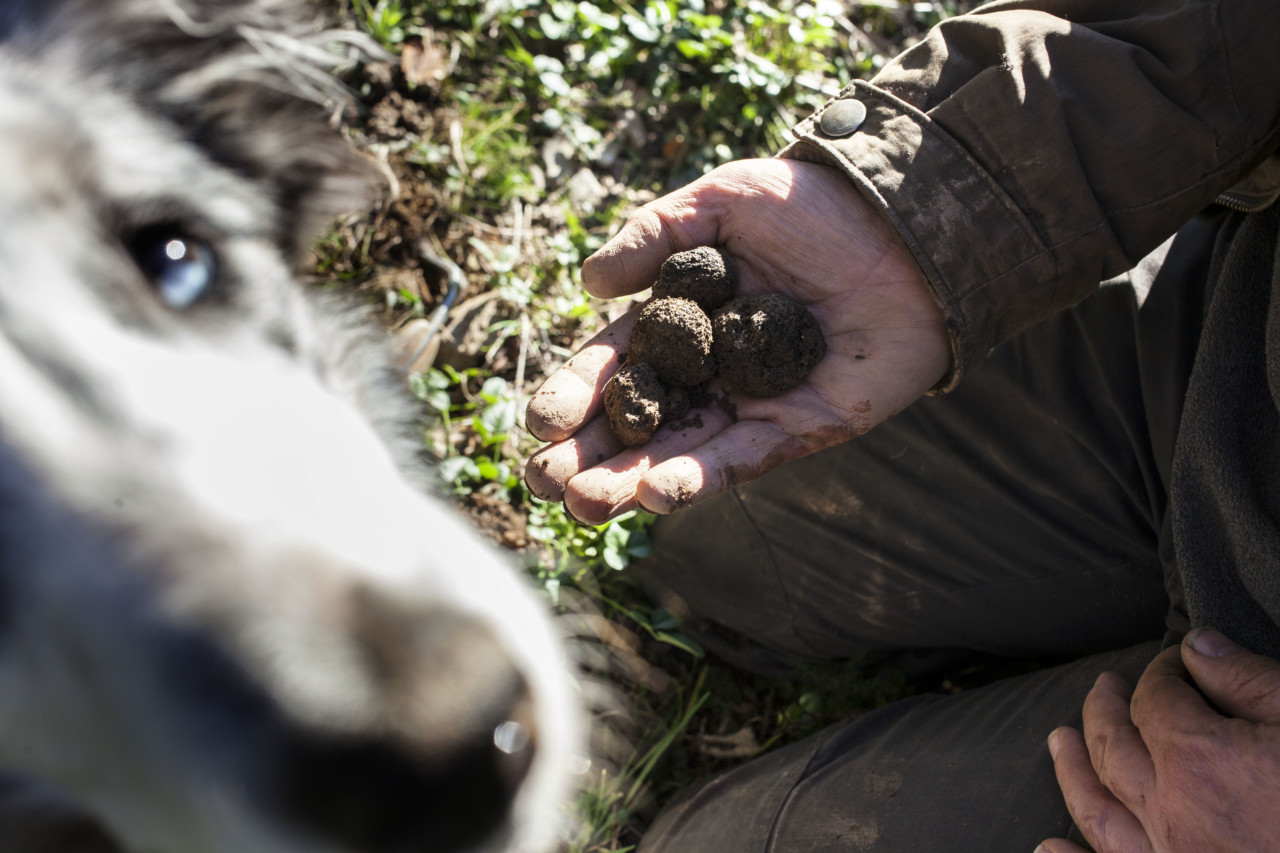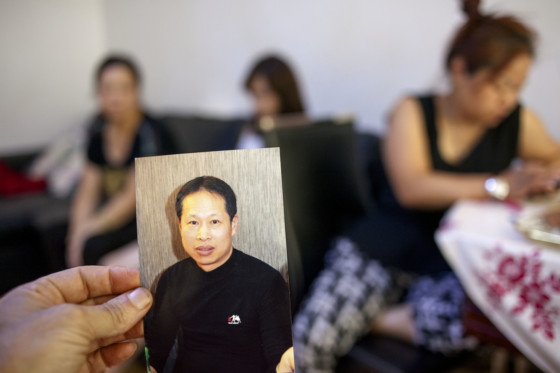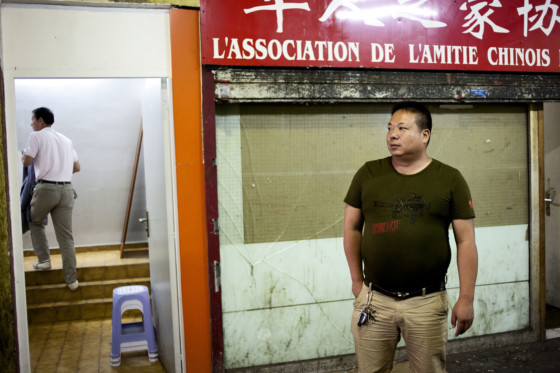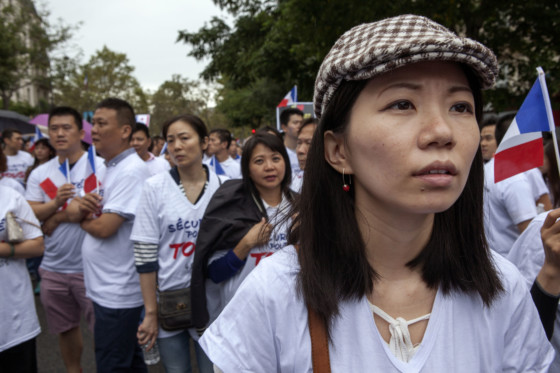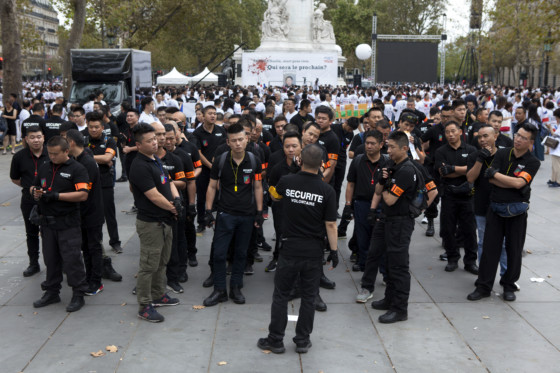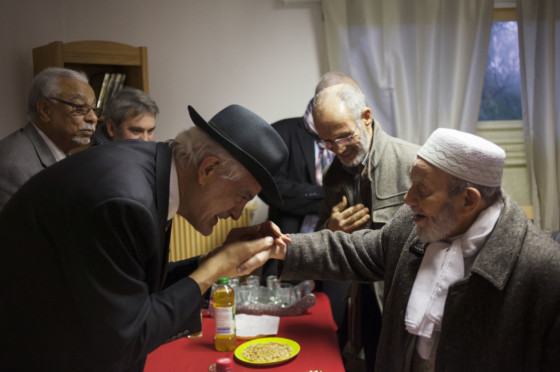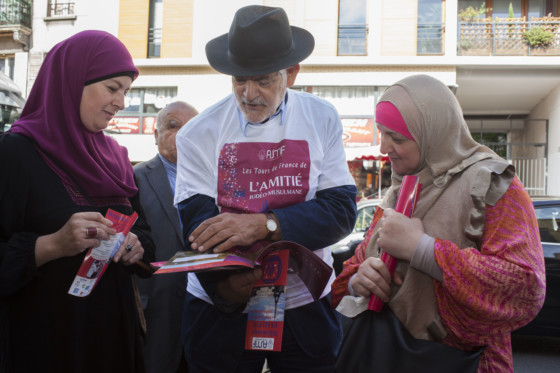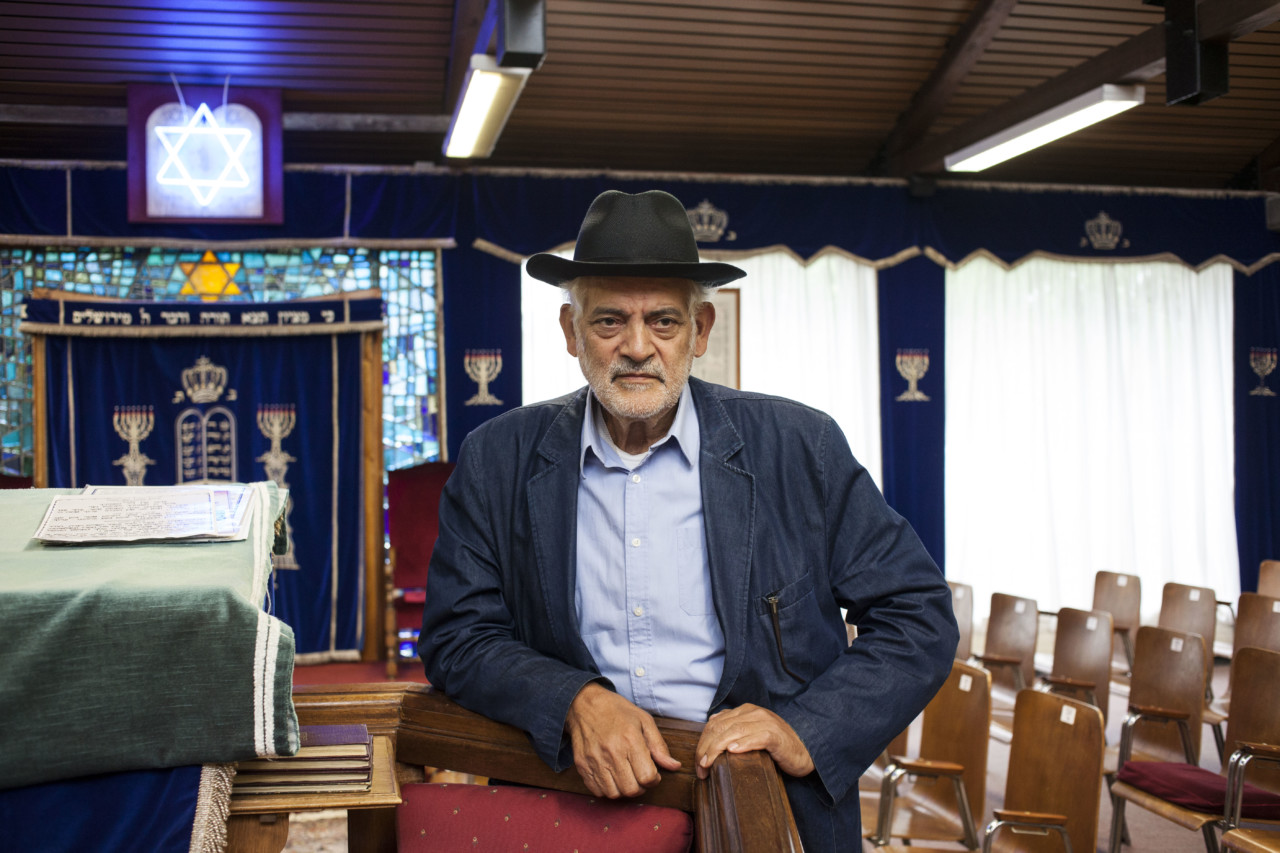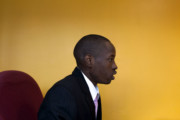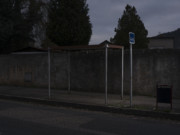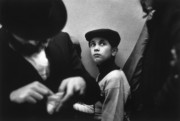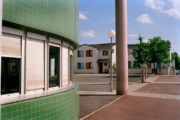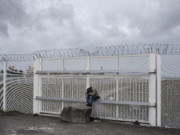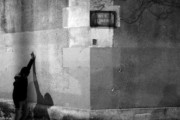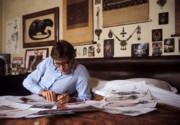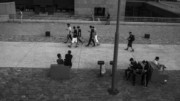Local Identity in France
Patrick Zachmann presents a portrait of the France he loves through self-organized local groups
Magnum’s France Project is an exploration of the background to issues influencing debate in the country in the run-up to the 2017 election. Photographers have given their authored perspectives on both national and local politicians, the French prison system, farming, failing industry in forgotten small towns, and more, as they build a personal picture of the social, political and cultural landscape in contemporary France.
For French photographer Patrick Zachmann, the motivation to show France in this light was a personal one. “I wanted to photograph my France, the country I want to see, one with fairness and solidarity. One where the individual is put in service of the group, a community, an idea. A country that is idealistic, not working only for profit. That’s all I wanted to convey with my pictures,” he says.
"I wanted to show a positive side of a country where one talks more about things which are depressing or going poorly, rather than about things which give hope"
- Patrick Zachmann
Identity is a theme Zachmann has visited throughout his career; he’s previously explored Jewish culture in Europe, French malian communities, young arabs in Marseille, and Chinese culture through a decade-long cross-cultural study. As part of Magnum’s France project, Zachmann sought to explore identity in France, and the myriad ways that small, officially recognized non-profit-making organizations of two or more people – or associations, as they are called in the country – help to foster a sense of community.
During the process of making this work he met groups celebrating cultural and regional traditions, local organizations helping unemployed people find jobs again, inter-religious dialogue programs between Jewish and Muslim communities and survivors from the Paris attacks. Together, these groups paint a multi-cultural picture of French identity today.
“For years I have been interested in voluntary associations, in associative life, first of all because of the ideas and passion they are promoting, but also because the people who represent it are guides who allow access to a reality I want to document “ explains Zachmann, who says that the people he met for the project represents the France that he loves. “Above all, I wanted to show a positive side of a country where one talks more about things which are depressing or going poorly, rather than about things which give hope. To illustrate this, there are two main types of associations that I explored: those that defend traditions, heritage, and roots, and then there are associations that are urban and politically motivated. This double issue of identity is what interests me, it’s what I’m passionate about.”
"I admire these men and women who, with their associations, are animated by a passion that is embodied in their generous act"
- Patrick Zachmann
Initially focusing on local heritage associations, such as “Confrérie du Cassoulet”, which translates to the Brotherhood of the (popular French casserole dish) Cassoulet in Castelnaudary in southern France, and another brotherhood dedicated to truffles in Aude, the project developed to include other small non-governmental groups that play a role in their local communities. Zachmann visited an association called La Cravate Solidaire, which helps people looking for jobs by training them for attending meetings with recruiters and providing them appropriate clothes, another group led by a sephardic rabbi that facilitates and encourages friendships between Muslims and Jews in France, and an association of young Chinese.
“I admire these men and women who, with their associations, are animated by a passion that is embodied in their generous acts,” says Zachmann, adding, “The network of associations is living proof of a more fraternal, more tolerant, more equitable France. It is the France that I want to promote through my pictures.” Reflecting on the project, he says that he feels that the idea of national identity “should not be monopolized by the extreme right.”
This story is part of The France Project: perspectives on the social, political and cultural landscape of contemporary France. In this ongoing project, initiated in 2016, Magnum photographers explore the background to issues influencing debate in the country in the run-up to the election. See more stories from this project here.


